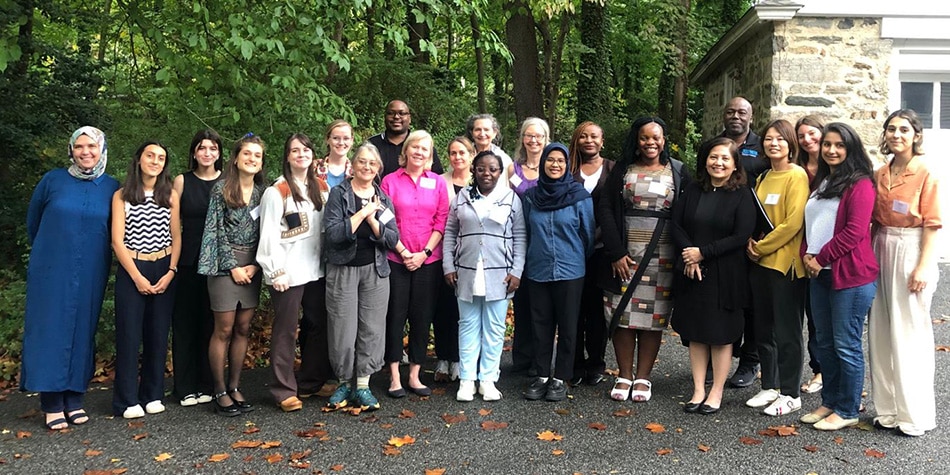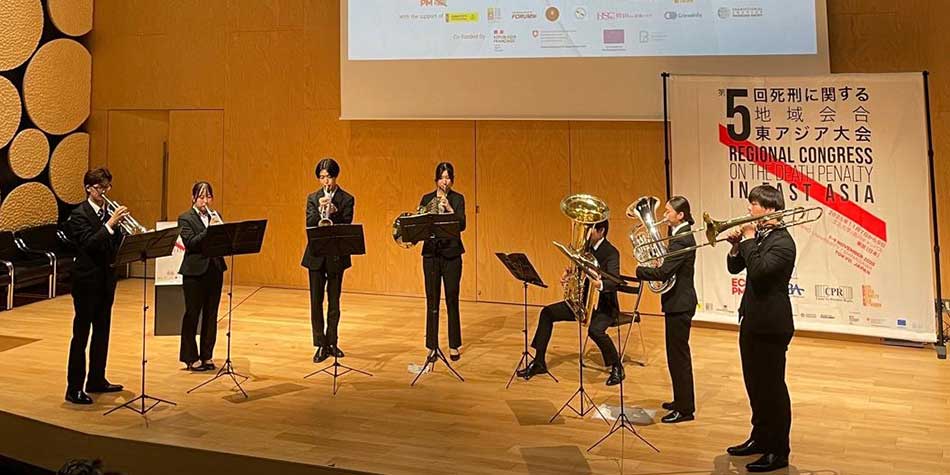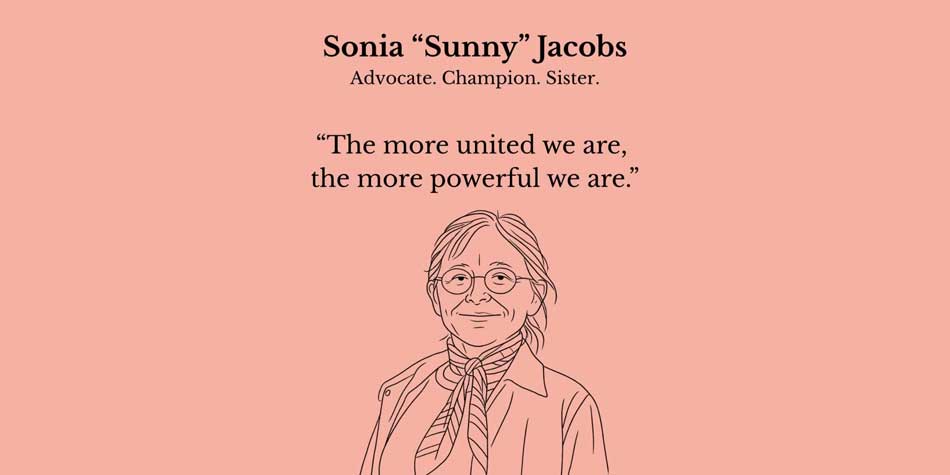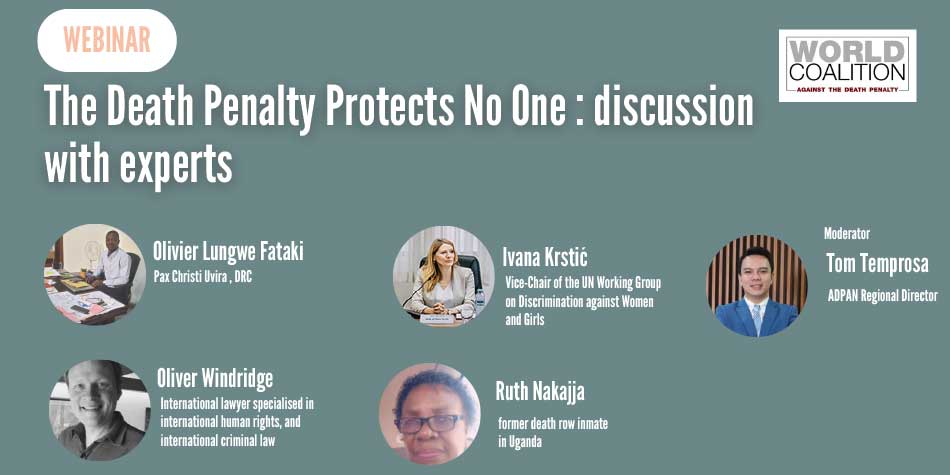
Collective reflection to support women and LGBTQIA+ people facing the death penalty
The Gender and the Death Penalty seminar organized by the World Coalition in Philadelphia in September 2024 enabled to explore new abolitionist strategies. The event brought together organizations from 11 countries for stimulating exchanges.
An opportunity for sharing experiences
The seminar aimed to promote the exchange of best practices on abolitionist actions that consider the realities of women and LGBTQIA+ people exposed to the death penalty. For three days, participants worked together to develop solutions to reveal and combat gender biases in the application of the death penalty, and to promote its abolition.
Highlighting gender bias in national and international abolitionist advocacy
Discussions covered a wide range of topics. Speakers emphasized the importance of leading abolitionist campaigns that expose gender bias. Anna Henga, director of the Legal and Human Rights Center, stressed the need to amplify the voices of directly impacted women, a key element in raising public awareness about the abolition of the death penalty. Aisya Humaida from LBH Masyarakat highlighted the effectiveness of collaborative campaigns involving diverse stakeholders, such as religious institutions, academic circles, and human rights organizations, citing the example of the campaign in defense of Merri Utami.
Amy Bergquist from The Advocates for Human Rights emphasized the importance of integrating the issue of death penalty abolition into UN bodies focused on gender equality, like the CEDAW Committee. She highlighted that abolitionist advocacy must adopt a gender-responsive and intersectional approach, backed by precise data on women and LGBTQIA+ individuals sentenced to death, as well as the gender biases that may have influenced these rulings.
Providing adapted legal support and improving detention conditions for women
Discussions also highlighted the importance of appropriate legal support for women sentenced to death, taking into account the impact of a possible history of violence on the offence and their behavior at the trial. Funke Adeoye, founder of Hope Behind Bars Africa, and Chelsea Halstead from the Cornell Center on the Death Penalty Worldwide, for example, stressed on the importance of building a relationship of trust with the client in order to obtain the information necessary for a good defence, which highlights the gender-related mitigating circumstances.
Furthermore, Olivia Rope from Penal Reform International highlighted the challenges related to the detention conditions of women on death row and the lack of adherence to the Bangkok Rules, sharing her organization’s experience in implementing advocacy campaigns to promote their enforcement
Defending LGBTQIA+ people facing the death penalty
The situation of LGBTQIA+ people facing the death penalty was also discussed, particularly in countries that have recently adopted repressive laws. Participants highlighted the challenges posed by the lack of data and the risks incurred by organizations seeking to support them, initiating a necessary reflection on strategies adapted to these contexts.
Moving toward a gender-responsive abolitionist approach
The seminar was greatly appreciated by participants, who stressed the importance of these spaces for exchanging ideas and building common strategies. Feedback included inspiring comments such as “I gained ideas for new collaborations, advocacy, tools and strategies” or “I had the opportunity to meet and collaborate with so many inspiring colleagues.” The seminar inspired participants, motivating them to pursue their commitment with renewed strategies.
The lessons learned from these exchanges will be compiled in a guide for members of the World Coalition, entitled How to lead an abolitionist struggle sensitive to the realities of women and LGBTQIA+ people facing the death penalty.







